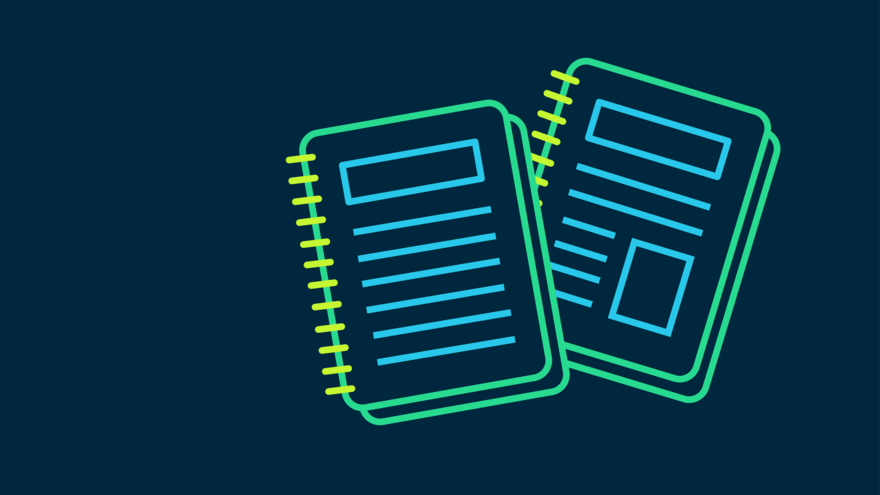
Universal access to reliable health information; Assessing AI abstracts; Working with inclusion health groups
Health advocates call on WHO to champion universal access to reliable health information
Global health advocates have called on the World Health Organization (WHO) to explicitly champion the goal of universal access to reliable healthcare information. The call is based on a consultation carried out by Healthcare Information For All (HIFA) on behalf of WHO. Key findings include:
- More than 9 in believe access to reliable healthcare information is, or should be, a human right.
- More than 9 in 10 believe improving access to reliable healthcare information would lead to substantial improvements in quality of care.
- More than 9 in 10 believe more support is needed for health literacy.
HIFA is a global community of practice administered by the Global Healthcare Information Network, a UK-based NGO that campaigns for universal access to reliable healthcare information. PIF is a member of HIFA. On 30 July, an online event will explore next steps towards universal access to reliable healthcare information.
Download the full report and summary infographic via the HIFA website here.
Register for the online event via Zoom here.
Study: Assessing AI-generated abstracts in comparison to human-written abstracts
A new study compares structured abstracts generated by ChatGPT and Bard with those written by humans. Papers were randomly selected and used as ChatGPT and Bard input statements to generate abstracts. These were evaluated for compliance with journal guidelines and consistency of content. The likelihood of plagiarism and AI output was assessed and reviewers evaluated abstracts to determine whether they were produced by AI or human authors.
Researchers found ChatGPT-generated abstracts appear to be superior to Bard-generated abstracts in meeting journal formatting guidelines. However, they highlighted significant issues around plagiarism and ethics. In particular, reviewers were unable to accurately distinguish abstracts written by humans from those produced by AI programs. This means it is crucial to exercise special caution and examine the ethical boundaries of using AI programs.
Read the full study findings via the JMIR website here.
Working with inclusion health groups to tackle health inequalities
In this Pulse article, experts discuss how Primary Care Networks (PCNs) are working with inclusion health groups to tackle health inequalities. Inclusion health groups, which are part of the Core20PLUS5, cover socially excluded people who typically experience multiple overlapping risk factors for poor health, such as poverty, violence and complex trauma.
Read the full article via the Pulse website here.
Challenging common NHS misconceptions
The NHS Confederation has published a series of explainers to challenge common misconceptions surrounding the NHS. The explainers are designed to enrich debate on topical, and sometimes controversial, topics. Recent questions explored include: Are other health systems more cost-effective than the NHS? Is the NHS too woke? and Are people getting less from the NHS?
View all the explainers via the NHS Confederation website here.
Improving patient experience of diagnosis
National Voices has published nine proposals to improve people's experience of diagnosis. The proposals, which will also improve health and care more widely, are backed by 58 health and care charities. They include better communication around diagnosis and providing access to support groups. The recommendations follow the June 2024 report: People's experiences of diagnosis.
Read the full recommendations via the National Voices website here.
Data Saves Lives Toolkit 3.0
The Data Saves Lives campaign has published an update to its toolkit. The toolkit aims to to equip patient groups and health influencers with the information and materials they need to have a positive dialogue with their communities about health data. It includes several resources including Health Data 101, key terminology and a factsheet.
Access the toolkit via the Data Saves Lives website here.
ChatGPT learns Welsh
The Welsh Government has announced a new data partnership with OpenAI to improve how AI technologies works in Welsh. The aim of the partnership is to build open data archives to contribute data to the research community and improve linguistic performance of AI models and applications.
Read the full announcement via the Welsh Government website here.
Enabling individuals to be active participants in their health
In this article, Sara Redmond, chief officer of the ALLIANCE, discusses the fundamental shifts required for effective public service reform which empowers people with lived experience of health and social care. She argues, despite a shift to greater involvement and recognising the value of lived experience, there are still very limited and constrained ways for people to have meaningful engagement in redesigning the system. Sara calls for two fundamental shifts – free, active and meaningful participation, and empowering, inclusive prevention.
Read the full article via the ALLIANCE website here.
Inequalities between groups of people living in non-decent homes
The Health Foundation has published data on inequalities between groups of people living in non-decent homes. A non-decent home is one with a hazard or immediate threat to a person’s health, not in a reasonable state of repair, lacking modern facilities or not effectively insulated or heated. More than 1 in 10 people with a long-term illness or disability live in non-decent housing.
Access the full data via The Health Foundation website here.
